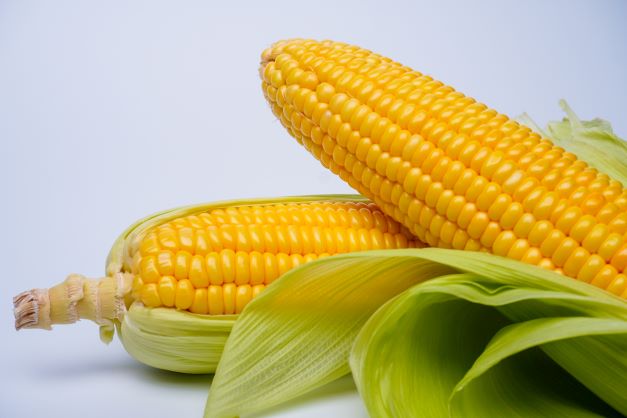On Friday, June 2nd, the Mexican government said it would counter U.S. arguments over agriculture biotech measures.
Of course, they are referring to the plans to limit its use of genetically modified (GM) corn, in trade dispute settlement consultations requested by Washington earlier in the day.
The consultation request comes as the North American neighbors’ inch toward a full-blown trade dispute under the U.S.-Mexico-Canada Agreement (USMCA) over Mexico’s policies to limit the use of GM corn, which it imports from the U.S.
If the consultations fail to resolve disagreements within 75 days, Washington can request a dispute settlement panel to decide the case.
Mexico said it was committed to “constructive dialogue” regarding U.S. concerns and to “reach a mutually satisfactory agreement.”
Asked if Canada would take similar action to the U.S., a spokesperson for the Trade Ministry said Canada is “considering its next steps” and would be “guided by what is in the best interest of our farmers and the Canadian agriculture sector.”
The United States requested formal trade consultations in March over objections to Mexico’s plans to limit imports of GM corn and other agricultural biotechnology products. Those consultations took place, but failed to resolve the matter, senior officials of the U.S. Trade Representative’s office said.
Mexico’s agriculture ministry declined to comment, but the minister this week expressed confidence that the dispute with the U.S. would not escalate to a dispute settlement panel.
The conflict comes amid other disagreements between the U.S. and Mexico, most notably over energy in which the U.S. has argued that Mexico’s nationalist policy prejudices foreign companies.
Despite February changes to Mexico’s decree on GM corn, the U.S. said the Latin American country’s policies are not based on science and appear inconsistent with its commitment under the USMCA.
The new decree eliminated a deadline to ban GM corn for animal feed and industrial use, by far the bulk of its $5 billion worth of U.S. corn imports, but maintained a ban on GM corn used in dough or tortillas.
Mexico argued on Friday the ban will not affect trade with the U.S., as Mexico produces more than enough white corn used for tortillas.
A senior Mexican executive, speaking before consultations were requested, said that because Mexico is not formally preventing the sale of U.S. GM corn, any dispute panel would likely find little material damage had been done to U.S. business.
Mexican President Andres Manuel Lopez Obrador has also said GM seeds can contaminate Mexico’s age-old native varieties and has questioned their impact on human health.
February’s revised “decree does call for a gradual substitution and eventual banning of biotech corn, and this part of the measure itself is not science-based,” said a senior USTR official.
The consultations will also address Mexico’s rejection of new biotech seeds for products like soybeans, cotton, and canola, U.S. officials said.
Mexico argued on Friday that the decree “encourages Mexico to preserve planting with native seeds, which is done in compliance with the USMCA’s environmental regulations.”
Some sector experts have expressed concern that the move could set a precedent among other countries, which would disrupt the global corn trade.
The National Corn Growers Association, which represents U.S. farmers, praised the U.S.’ move.
“Mexico’s actions, which are not based on sound science, have threatened the financial wellbeing of corn growers and our nation’s rural communities,” association President Tom Haag said in a statement.
TYT Newsroom


